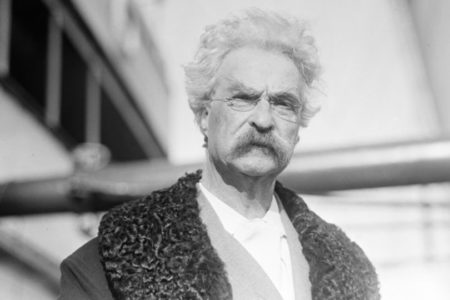Eye on the Middle East Mar/Apr 2011
Students at Princeton University voted last fall on a referendum combining politics and cuisine. The issue raised by The Princeton Committee for Palestine wanted students to approve a boycott on hummus. Not just any hummus. The hummus distributed by Sabra, an Israeli company. The committee charged that Sabra “serves the occupation” by supporting soldiers from the Golani Brigade, a part of the Israel Defense Forces (IDF).
Unfortunately, examples of such action against Israel are not limited to one college or one Israeli company. It has become increasingly chic internationally to boycott Israeli goods. Examples are legion.
South African activist and cleric Desmond Tutu came out in support of the Olympia, Washington, Food Co-op’s boycott of Israeli products last summer. In Ireland, members of the Dublin Food Co-op voted overwhelmingly at a special general meeting in November to boycott Israeli goods. Union workers in South Africa voted against unloading an Israeli ship, while workers in Great Britain endorsed a plan to boycott all goods from “occupied lands.”
The appeal to boycott Israel even captured the attention of American actress Meg Ryan who cancelled a film-festival appearance in Jerusalem in protest of Israeli policy.
These international actions are fueled by a growing global campaign called Boycott, Divestment and Sanctions for Palestine (BDS), begun in July 2005 and supported today by nearly 200 nongovernment organizations. According to its Web site, bdsmovement.net, BDS seeks to pressure Israel to end what it claims is Israel’s occupation and colonization of Arab lands. It also wants Israel to dismantle the separation wall that has helped keep terrorists from entering Israel and to return property to the descendants of Arabs who fled their homes during the 1948 War of Independence.
While the clarion call rings loudly to boycott big bad Israel, the under-the-radar reality goes unnoticed. When Israeli Prime Minister Benjamin Netanyahu was pressured to institute a 10-month building freeze in Judea-Samaria (the “West Bank”), it was the Palestinian construction workers who felt the pain. When Sabra hummus is boycotted, many of the people hurt are premature Serbian infants and children with cancer, whom the company supports in a myriad of important ways.
Oh, yes. Sabra does support Israeli troops by providing—of all things—free hummus for the mostly teenage Golani Brigade.
Other examples of Israeli “brutality” involve Israel’s daily distribution of humanitarian aid and development assistance to the Arab population of the Gaza Strip. You can access the IDF Web site (idfspokesperson.com) and read about the millions of liters of heavy-duty diesel fuel transferred regularly to the Gaza power plant, the thousands of truckloads carrying hundreds of tons of commercial goods into Gaza, and the hundreds of individuals taken from Gaza into Israel for medical treatment.
Last year the Palestinian labor minister told the Associated Press his government plans to establish a $50 million fund to help thousands of Palestinians quit their jobs in Israel. What is wrong with this picture?Thousands of Palestinians will be forced to quit working and instead live off aid sent to them by the West.
At times—even to the most upbeat, positive thinker—Israel’s situation seems hopeless. Then a glimmer of sanity emerges. Princeton students turned down the referendum to boycott hummus 1,014 to 699. The result was a victory for the Strauss food conglomerate, Israel, the students, and common sense. As believers, we look for the Lord to someday set things right and restore Israel to its rightful place in the world.







